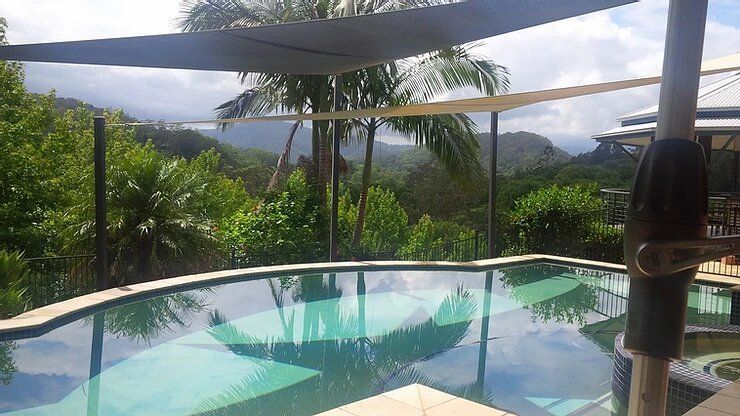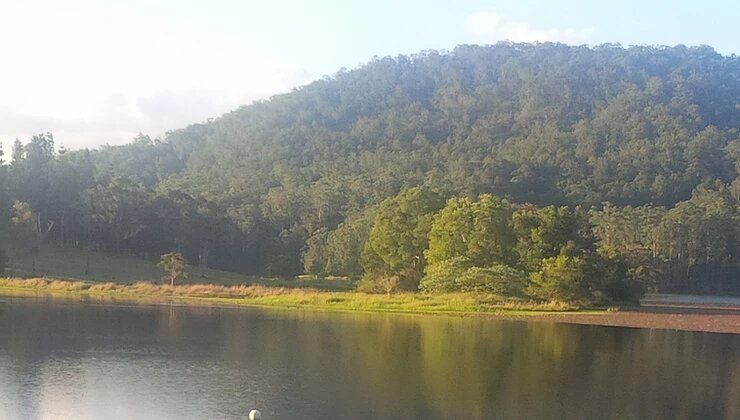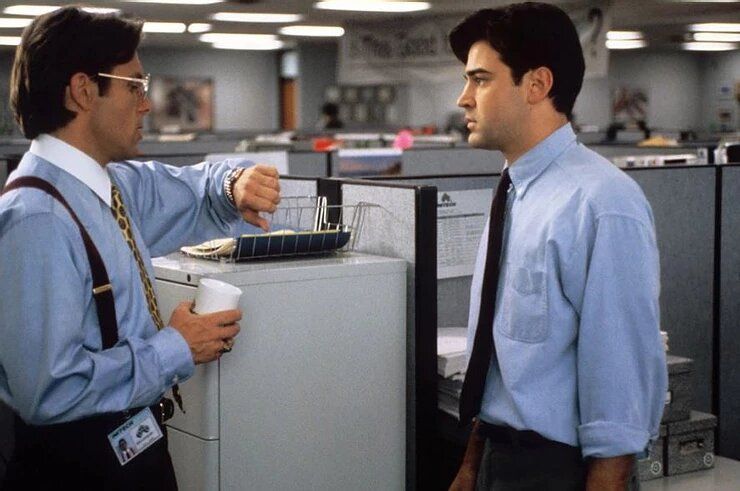Fill the tank - a reflection on motivation and burnout

So you’ve got a great idea. A real winner. It could make a fortune, not to mention a huge contribution to your community. All you have to do is – meh…. who am I kidding. Back to the couch, back to certainty, back to – mediocrity.
Does this sound familiar?
Someone once told me there is a total of $30 trillion floating around the global exchange of money across our economies every second. If we knew how to tap into it, it would be like picking fruit from a tree. Money is a kind of energy, and like all forms of energy, money doesn’t diminish, it simply changes its form. If you’ve noticed a reduction in your money lately, chances are it is has popped up somewhere else – and into the account of someone else.
Despite a change in appearance or form, a fundamental natural law is that energy remains constant.
I certainly notice my energy levels ebb and flow, depending on what I’m putting into my body (or not) and how much time I spend focusing on other people’s needs to take energy from me. Presumably there is a difference between making a positive contribution to someone else’s life, and letting them needlessly take energy from me. And that is my decision – not to regulate my own energy levels.
I think of motivation as a kind of fuel which drives us. Most motoring enthusiasts will understand that if we drive around in our car with the fuel tank close to empty, with an orange light flickering at us, daring us to drive a little bit further, that the car will not perform at an optimal level. In fact anything under half a tank is not advisable.
This scenario is comparable to us operating under stress, not paying attention to warning signs that things are not good. Somehow we have been too busy, distracted or inattentive to notice that orange light is on, and we need to stop and fill the tank.
When our “tank” is empty, we will fall short of our expectations in completing certain tasks purely because we just don’t have the energy – and this makes us feel worse. Perhaps we also lose sight of our purpose, because we are too focused on how tired we are. This is a very realistic situation for many of us and can be described as being in a state of burnout.
Burnout occurs after prolonged periods of “running on empty” – driving around with our orange light on. And just like the vehicle, even after filling up the car with fuel, there are a few hiccups and false starts before the engine starts to fire again. It’s hard to find a nourishing enough fuel to start us up if we have let things run out this far.
When our tank is half full or better, we will make better decisions, be more resilient in the face of adversity or setbacks, and have discretionary effort which we can willingly provide to others, making a contribution to something bigger than ourselves. Less than half a tank and we start to lose our self-awareness, make silly comments, become upset more easily, lose our resilience and our ability to cope with sudden change or setbacks, and make poorer decisions.
At the burnout stage we become cynical, disengaged, don’t make any decisions, resort to blame and envy, and we just stop. Inertia, apathy, a lack of care – all of this just takes over and overwhelms us.
Perhaps a better approach would be to ensure we don’t drop below “half a tank”. During our working week, we will engage in activities that fill the tank, and also in activities which deplete the tank.
What do you do that “fills the tank”? And then what do you notice yourself doing that depletes the tank?
It would be unrealistic to expect to be always filling the tank. We need to expend energy as much as we take energy in, otherwise we would explode! However just as we put on something warm when we are cold, or eat when we are hungry, it is important for us to be filling the tank before it gets low or empty.
And that is a discipline which could mean 20 minutes a day of pleasurable activity or self-care, or two to three times a week when we allow ourselves to rest, rejuvenate, move our bodies, spend time with friends, read a book, or other activities - whatever we need.

Everyone is different, and their routine of self-care is different. However we (and those around us) will benefit if we pay a little more attention to filling the tank on a regular basis. And you might find it is easier to access the motivation you need to achieve your goals.


QUICK LINKS
TRADING HOURS
- Monday
- -
- Tuesday
- -
- Wednesday
- -
- Thursday
- -
- Friday
- -
- Saturday
- Closed
- Sunday
- Closed






